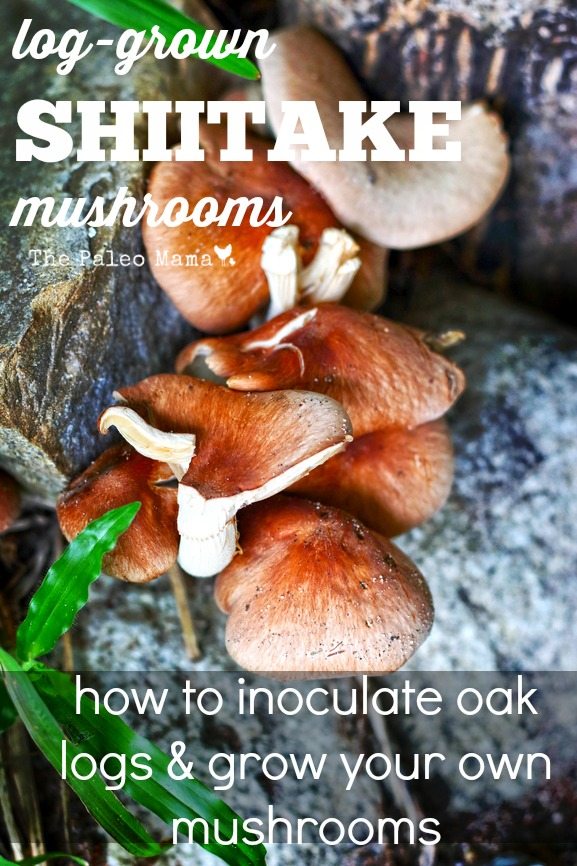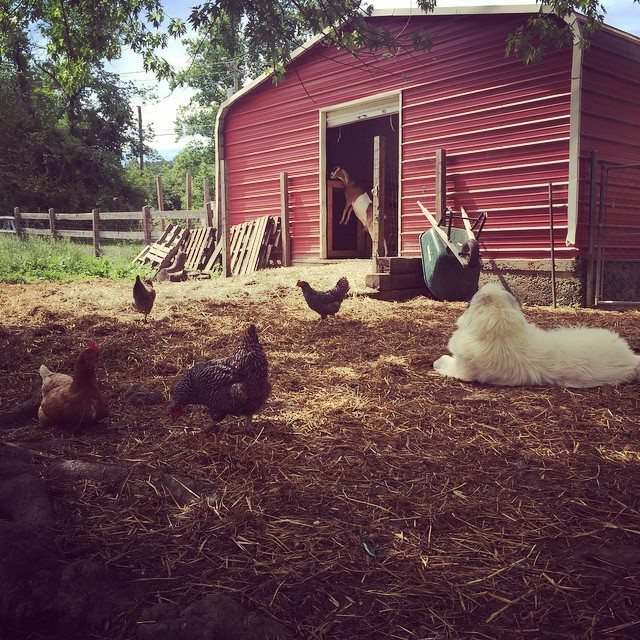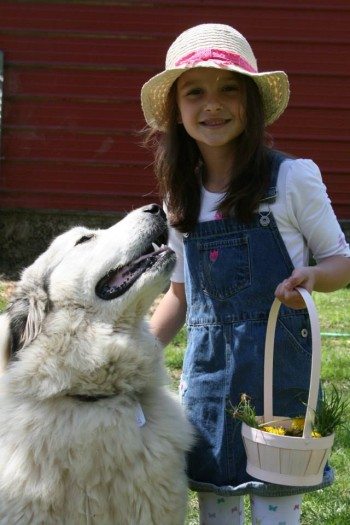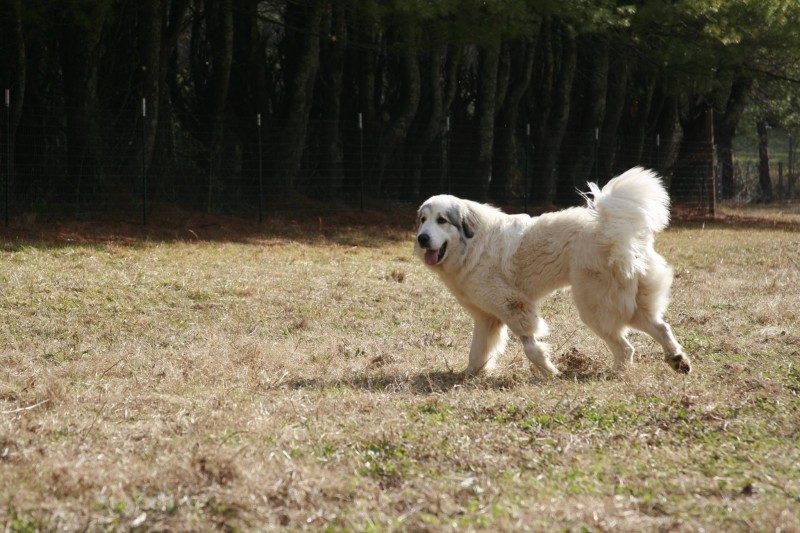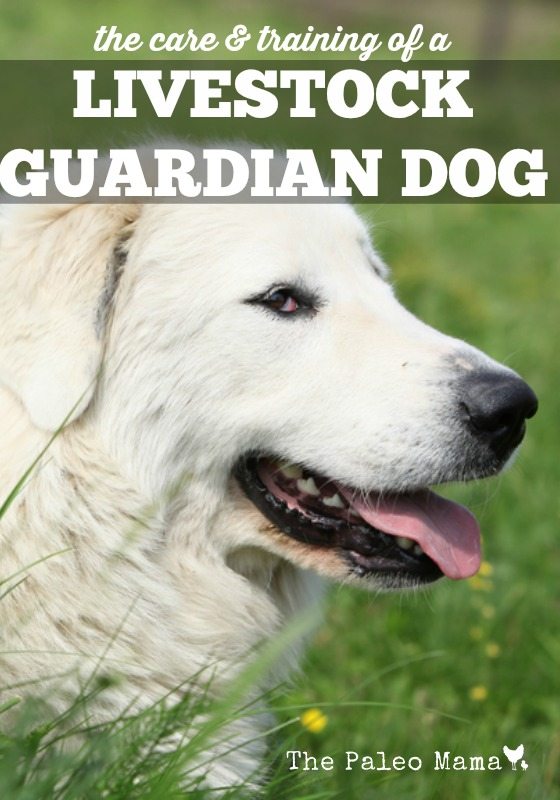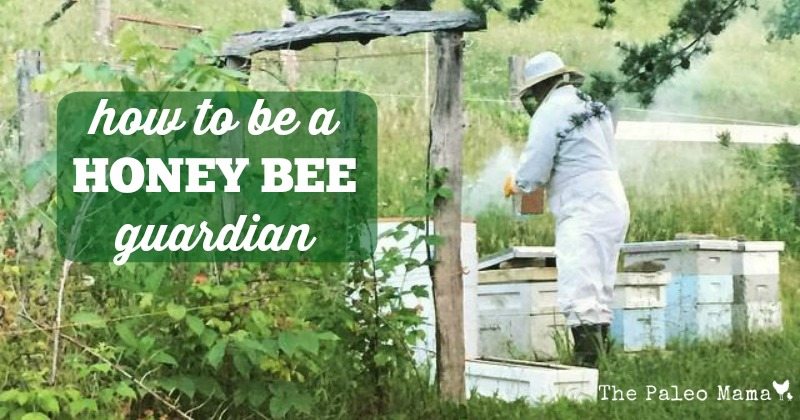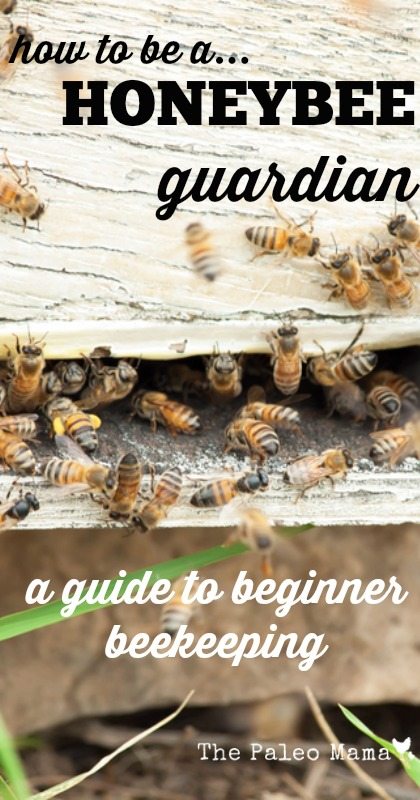One of the statements I can remember my mother saying whenever she counseled with someone about a problem in a marriage relationship was: “You have to always remember that you bought the farm!” So what does that mean? It means that in relationships, just as in farming there are cute, cuddly animals and bountiful harvests; there are also weeds, predators after your chickens, fleas and ticks on your barnyard animals (and sometimes your kids), and lots of manure to deal with. However, I’m coming to realize that essential oils can be used for so many things and so in this post I’m going to share with you how to use essential oils on a farm.
I know that truth a lot better today after just a few short years of homesteading, than I knew it in my head before I experienced it…homesteading is NOT easy, nor is it glorious. I want this post to help us find ways that we can deal with some of the more negative factors in homesteading through the use of essential oils.
Yes, that’s right, you can use essential oils on your livestock and in the care and management of your farm. But you don’t just start using essential oils indiscriminately wherever and however you choose. Just as you want only to better the health of your family members with your essential oils, so too that’s your goal with your animal family, and it takes a bit of forethought and knowledge to get it right.
If you are interested in my trusted brand and how to get started using essential oils, then CLICK HERE!
I want to concentrate in this post on using essential oils on animals. There are many other uses for essential oils in farming, but we’ll start with our animal family in this blog. Let’s consider briefly the use of oils with:
- Flies, Fleas and Ticks
- Cats and Dogs
- Chickens
- Goats
- Dairy cattle
- Pigs
Flies, fleas and Ticks
OK, I know we are not choosing to raise flies, fleas and ticks, but every barnyard animal will have to do battle with these pests. Flies are a major health concern all across the globe. The common housefly is a serious threat to people and animals alike because of the many infectious diseases they carry. Fleas and ticks like blood of any flavor—human, animal, or poultry.
Researchers in India did studies testing essential oil usage for dealing with flies. They discovered that peppermint oil successfully repelled larvae and egg laying, with ginger oil, cinnamon oil, and gooseberry oil also giving respectable assistance. (Source) You can find a Homemade Fly Spray Recipe using essential oils here.
Finding a nontoxic insect repellent to use on your barnyard animals is not easy. Chemicals like prallethrin and piperonyl butoxide are often used in livestock sprays, as well as the proven toxic chemical, deet. These chemicals accumulate in the liver and put our animals at risk. However, researchers seeking organic and naturally healthier ways to get rid of insects and have developed nontoxic sprays using essential oils. You can find four of these natural livestock spray recipes here.
Cats and Dogs
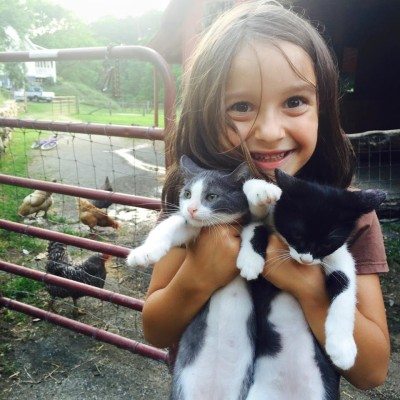
There is a wealth of helpful research available online to help you find nontoxic, natural solutions for the health problems experienced by your household pets. It is important to remember that the essential oils blends and aromatherapy that humans can enjoy and handle might not produce the same reaction in our pets. Some oils can be quite dangerous. If used correctly, however, essential oils contain a host of biologically active and powerful compounds and are an indispensable part of integrative medical care. (Source) You will need to research carefully to learn how to successfully use essential oils on your pets.
There are cautions and principles for safe use you will need to be aware of. Do your research before trying anything. One veterinary who uses aromatherapy in the treatment of his animal patients has recommended the following essential oils that are safe for use. You need to see his recommendations for use and to know what they are used for here. The oils he considers safe for use are:
- Lavender
- Cardamom
- Fennel
- Helichrysum
- Frankincense
- Spearmint
Once you are familiar with the essential oils safe for your pets, you can begin to develop essential oil remedies. You can find several suggestions for sprays, shampoo, flea collars, ear problems, paw pad care, skin irritations, doggie smell deodorizer, and calming mists here.
Chickens
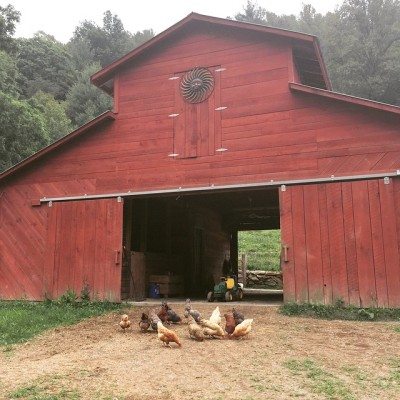
To be successful using essential oils on chickens you must first understand that chickens breathe differently than mammals. They do not have a diaphragm, and use the rib cage and breast bone to move the air in and out of the body. Their lung rely on air sacs to distributed oxygen to their bodies. As a result, chickens breathe in higher concentrations of oxygen and whatever else in is the air. (Source)
A buildup of fumes from chicken droppings, spilled water and cleaning products irritates their breathing system and leads to illness. So using a coop cleaner made with natural products will clean the coop without irritating the chicken’s respiratory system.
Lemon essential oil and other citrus fruits have natural cleaning and disinfecting capabilities. You can easily make a homemade coop cleaner that is easy on your nose and easy on the chicken’s respiratory tract. Use the recipe you will here for cleaning out the old shavings and coop bedding, and to spray down the coop.
You can also make a salve ointment with essential oils for chicken care. You will find one recipe using lavender and frankincense essential oils here. Coconut oil is also a great carrier oil to use for homemade chicken ointment.
Heavily diluted oregano essential oil is used by many chicken owners for many uses. Using essential oils for chicken care is a wonderful natural approach. Just make sure you do your own research so you are comfortable with the choice that is right for you to use.
You can also find a recipe for Natural Garlic Juice Spray here.
We like to add a few cloves of garlic to our chickens waterer. The garlic infuses the water and provides a good immune support every time they take a drink of water.
Goats
One essential oil that has proven success in improving health issues in goats is lavender oil. It has traditionally been used for everything from respiratory problems, to skin health, and even as a natural aid during labor. Emotional issues in goats can also be alleviated with the help of lavender oil. (Source)
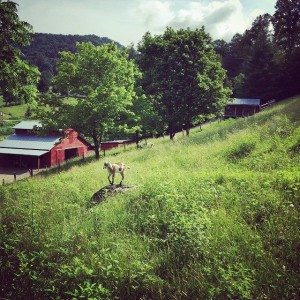
If a goat is being kept in a stall due to illness, you can put drops of oil around the stall to help eliminate some of the animal’s stress. Some goat farmers will also add a few drops to a vaporizer or diffuser to alleviate respiratory issues. Lavender oil can be very hard on the liver and kidneys of animals, so avoid internal use. You can research all aspects of raising goats here.
Dairy cattle
Essential oils with dairy cattle is now being considered as a way to improve or alter rumen fermentation (the cow’s first stomach) in order to reduce methane gas production. If you are interested in learning more about using essential oils with dairy cattle, one resource lists the essentials oil that may be helpful along with their properties, and possible uses. (Here)
Essential oils can benefit cattle during summer months with heat stress and pesky insects. Flies, fleas, and lice irritate cattle. Strongly scented essential oils like rosemary, cedar, lavender, and eucalyptus naturally repel pests and lessen the stress on the herd. Cinnamon oil, known as a “hot oil,” and along with garlic oil, clove oil, and oregano oil can help to reduce fermented protein in the rumen. Garlic oil can help to relieve digestive upset and the production of methane gases. You can find specific instructions for their use here.
Pigs
One non-conventional use of essential oils with pigs is in animal feed. Some time ago Porcine Epidemic Diarrhea Virus (PEDv) was spreading rapidly throughout pig farms and causing a drastic impact on pork supply and prices at the meat counter. To combat this epidemic, many pig farmers began using a pig-feed ingredient that contained essential oils, oregano, and chili powder along with other all-natural organic ingredients. There has been a big boost in immunity to PEDv as a result. Essential oils are known for their aromatic effect, and the combination of essential oils, oregano, and chili powder have made pig barns at feeding time smell like and Italian pizzeria. (Source)
It’s so encouraging to Frank and I as newbies in the business of raising farm animals to find that more and more farms are putting essential oils into practice. A number of companies are even selling plant extracts as feed additives, but very few big companies are willing to readily offer that information. Essential oils are truly a secret weapon, an unsung hero being used successfully, but not quite openly. Our farm plans to continue openly trying to find more and more uses for these powerhouse essential oils in our farmyard.
If you are interested in my trusted brand and how to get started using essential oils, then CLICK HERE!
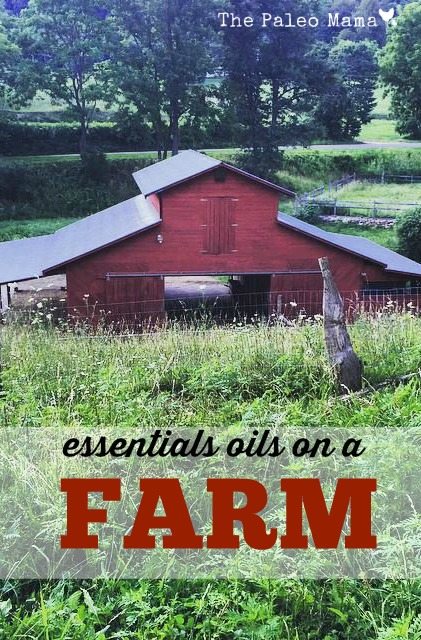
Sources
- https://www.theprairiehomestead.com/2014/07/essential-oils-livestock.html
- https://www.hobbyfarms.com/crafts-and-nature/4-diy-bug-repellents-for-you-and-your-animals.aspx
- https://www.optimumchoices.com/animals_essential_oils.htm


